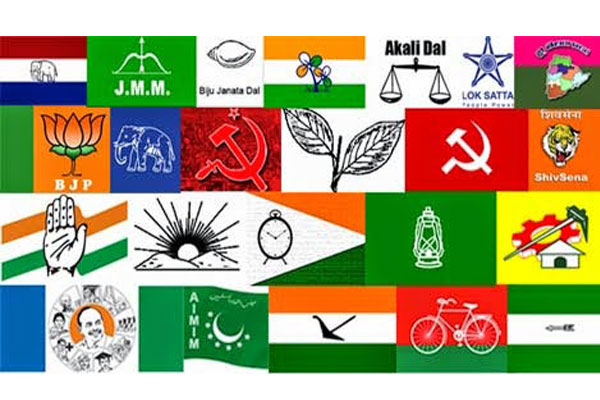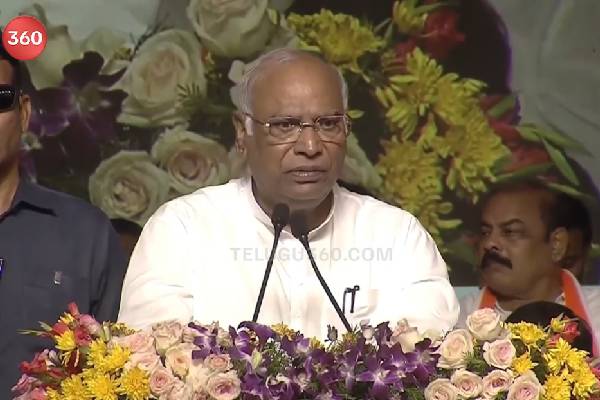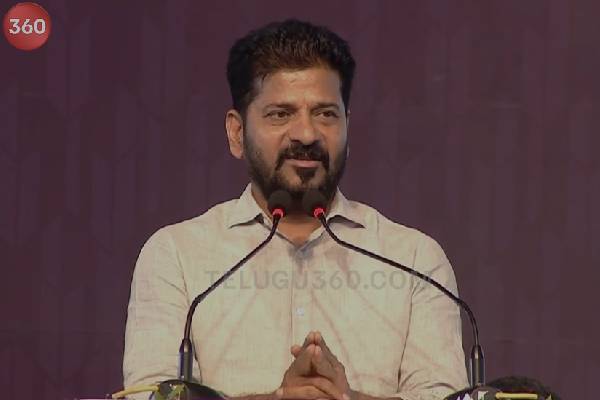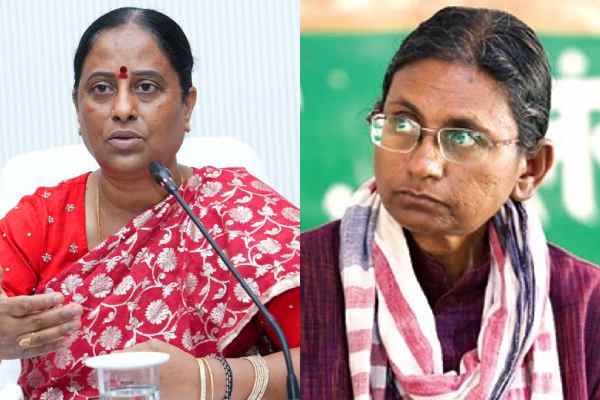The nation has come a long way in these 69 years of politics. With politicians constantly aiming at something beyond political life, conjectures about the newcomers are diverse. The nation has all its ears regarding the successors of AIADMK post the demise of Jayalalithaa. Mainstream politics of Indian states are either dynastic or authoritarian. The political icons like Jayalalitha-led AIADMK in Tamil Nadu, Navin Patnaik-led BJD in Odisha, Mayawati-led BSP in Uttar Pradesh, Mamata Banerjee-led Trinamool Congress in West Bengal or at the national level Narendra Modi-led BJP have remarkable similarities.
In an era where anyone can get under the weather, this one leader who keeps the party together should also strive to avoid creating a power vacuum. The people running the parties, have to prepare the ground for deputies. The nation at this moment needs to learn from Kanshi Ram who spotted the fire in Mayawati gradually shaped her into a leader of the Dalit masses. Mayavati is off the beaten path taken by her guru in casting her successor. On similar lines, Navin Patnaik succeed his father Biju Patnaik, he did not setup any second-in-command. Jayalalitha handed over the CM’s responsibility to Paneerselvam and left Sashikala holding the baby.
The BJP seldom depends on one person and is more equipped compared to other parties. When Atal Bihari Vajpayee was ageing the party looked up to L.K. Advani and then towards Modi. Though the party used the dynasty politics issue in elections, but what BJP has is oligarchy. The transition from Vajpayee to Modi was all thumbs and similar to that of MGR to Jayalalitha.
Political dynasties have become as cheap as chips in democracy, which are formed from a mixture of nepotism, corruption or to appease voters. In majority of states, political parties are dependent on dynasty contending with Gandhi-Nehru line of INC at the national level. In Telangana State, K Chandrashekar Rao is commissioning son K T Rama Rao and nephew Harish Rao while in Andhra Pradesh it is the Naidu clan with Nara Chandra Babu Naidu mentoring Nara Lokesh.
The case of MNS, YSRCP is a striking example of how the dynasty politics depend on the choice of successor. While MNS of Raj Thackeray, YSRCP of Jagan Mohan Reddy and NCP of Sharad Pawar carved out of the leading parties, it is Mulayam Singh Yadav who is holding the Samajwadi party, Akhilesh and Shivpal together. The episodes where the heirs have dispersed to other parties like Maneka Gandhi, Jyotiraditya Scindia, Pawan kalyan, Purandeshwari reflects on how politics can transform family dynamics.
Getting name recognition is a major factor to be successful and it is a cake walk for dynastic heirs. The parties are being run by people who are older, the next generation needs to outdo the charisma which Indira Gandhi did successful. Once the power sets in, it is hard not to want to keep this up, especially when you can have doors opened by the very strength of their name. The fiasco of Rahul Gandhi as a successor and the party eyeing Priyanka Gandhi Vadra now is a noted example. The appointment of Kumaraswamy by H.D.DeveGowda in Karnataka is another such instance.
While AAP claims to stay away from dynastic politics, they did use the big names by nominating grandsons of Mahatma Gandhi, Lal Bahadur Shashtri and P V Narsimha Rao in elections. Democracy has only existed continuously for the last 200, which is nonentity compared to the duration of monarchy. While a middle class Indian plans for the future of their kin and are prepared with LIC and pension measures, the politicians desire to protect family fortunes from corruption leads to kinship in politics. It is difficult to decide which is best of the two worlds, whether dynastic succession or the political void created by the leaders with no heir.



































